The fur industry is proud to state that one of reasons real fur is eco-friendly is that it biodegrades. Fake fur made from…
Read More
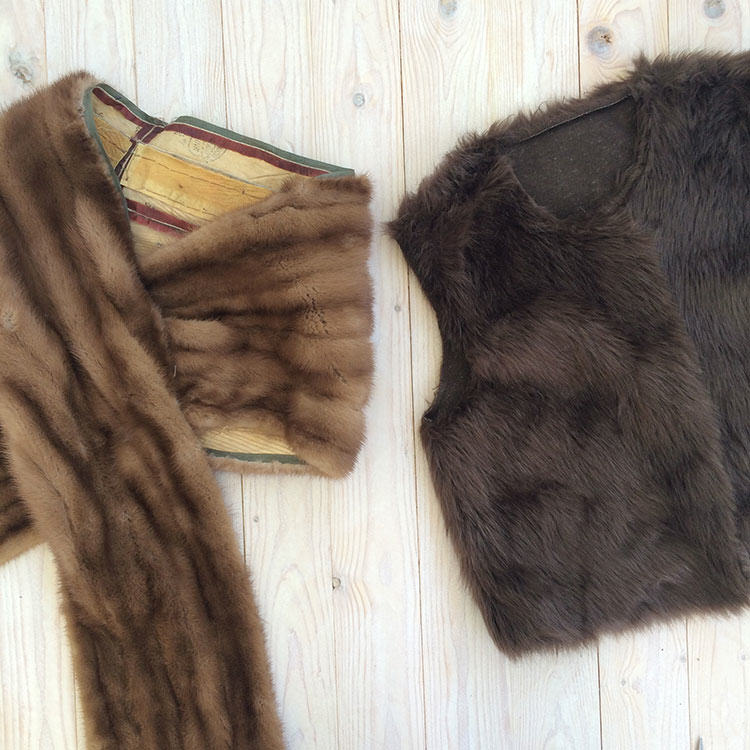
The fur industry is proud to state that one of reasons real fur is eco-friendly is that it biodegrades. Fake fur made from petrochemicals, on the other hand, just sits in landfills for centuries - though that is, admittedly, hard to demonstrate! So thinking it's time to walk the walk, we decided to do a little experiment. Join us now in the Great Fur Burial!
We've taken a mink stole and a fake fur vest, cut them into pieces, and buried them in the ground. At 3 months, 6 months, and then once a year for five years, we will be unearthing a piece of the mink and a piece of the fake fur and checking in on the biodegrading process. While our experiment is hardly scientific, we are endeavouring to ensure the results are as realistic as possible.
Mink vs. Polyamide
First, we found a real fur stole (100% mink) and a fake fur vest (80% polyamide and 20% polyester). We removed the lining from both.
Here is a closeup of the mink before the backing was removed ...
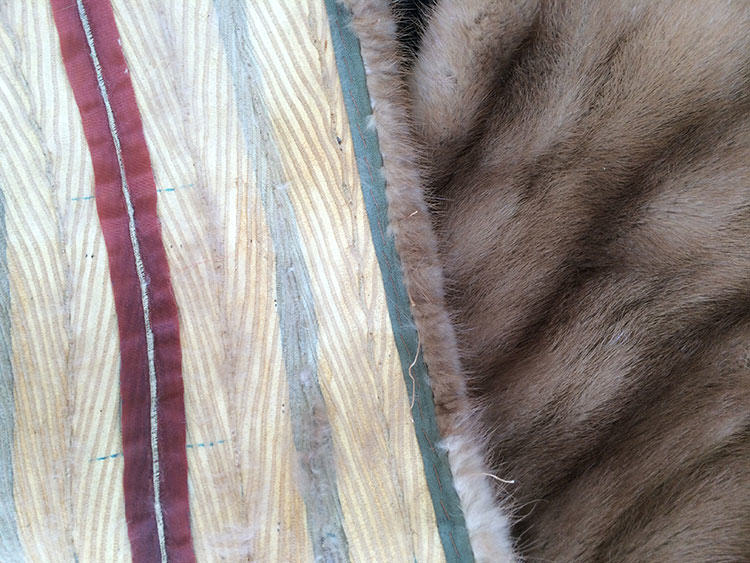
And here is a closeup of the fake fur ...
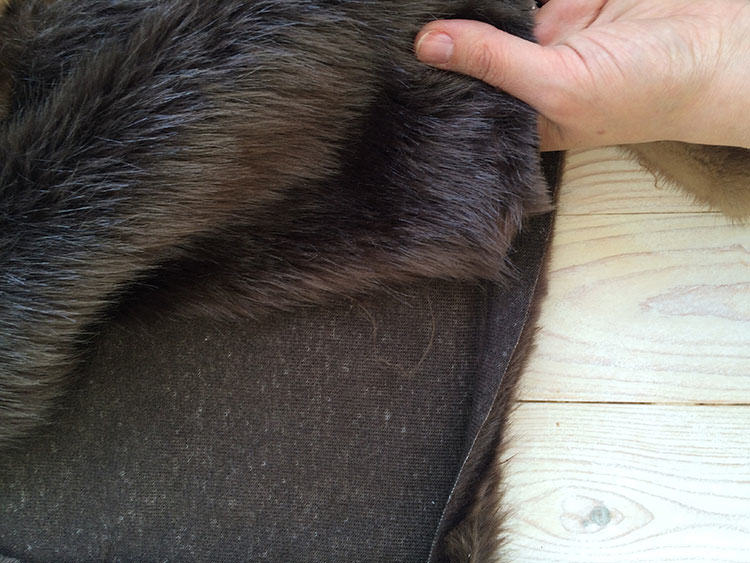
We cut both into pieces, all of similar size (mink on the left, fake on the right) ...
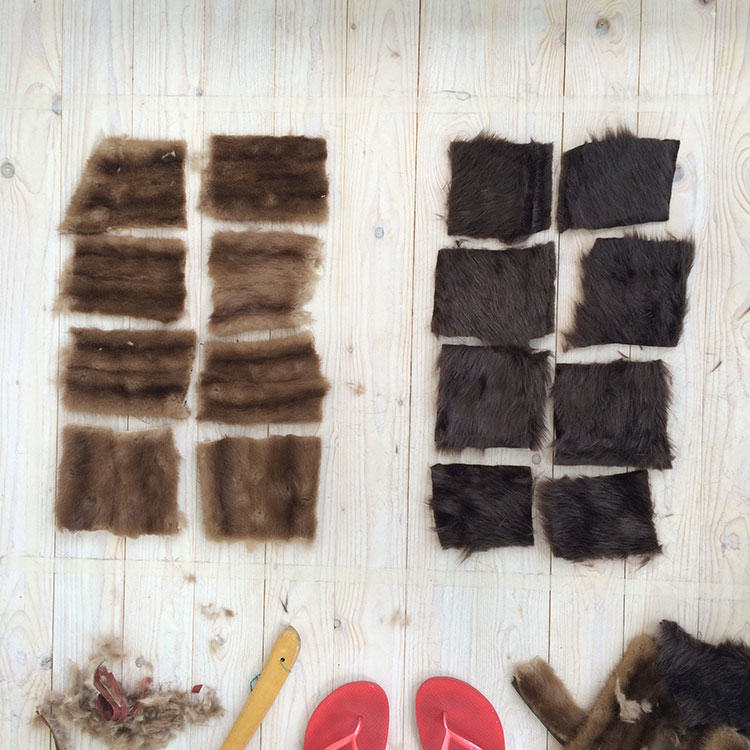
Then we dug a shallow hole, roughly one foot down, and placed eight pieces of each fur into the "fur grave". This happened on May 14, 2016. (Mink on the left, fake on the right.)
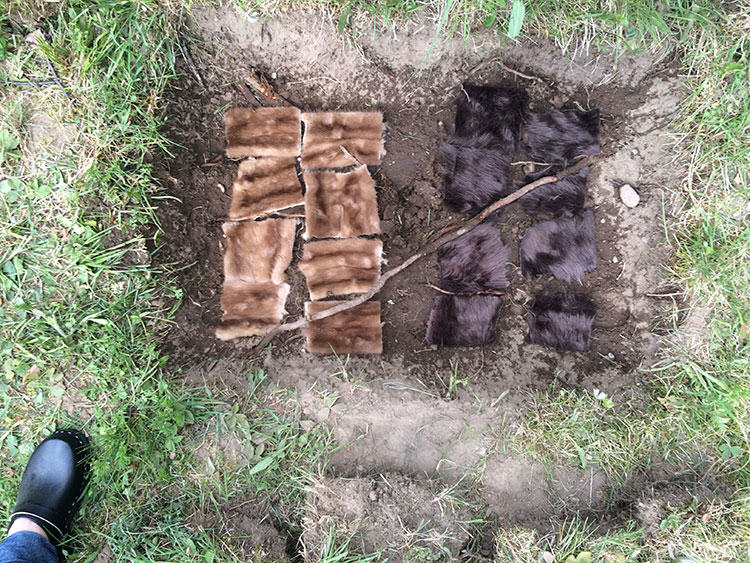
Then we covered them with dirt and turf ...
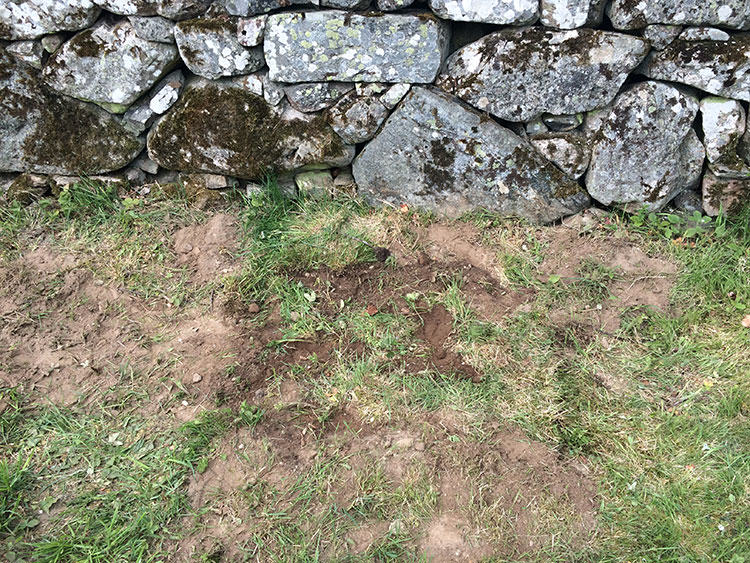
Now let's let Mother Nature do her work! See you in August, little fur pieces!
Read the other installments of this experiment:
The Great Fur Burial, Part 2: After Three Months
The Great Fur Burial, Part 3: After Six Months
The Great Fur Burial, Part 4: After One Year
SEE ALSO: New study compares natural and fake fur biodegradability. Conducted by Organic Waste Systems, Ghent, Belgium; commissioned by the International Fur Federation and Fur Europe, 2018.







